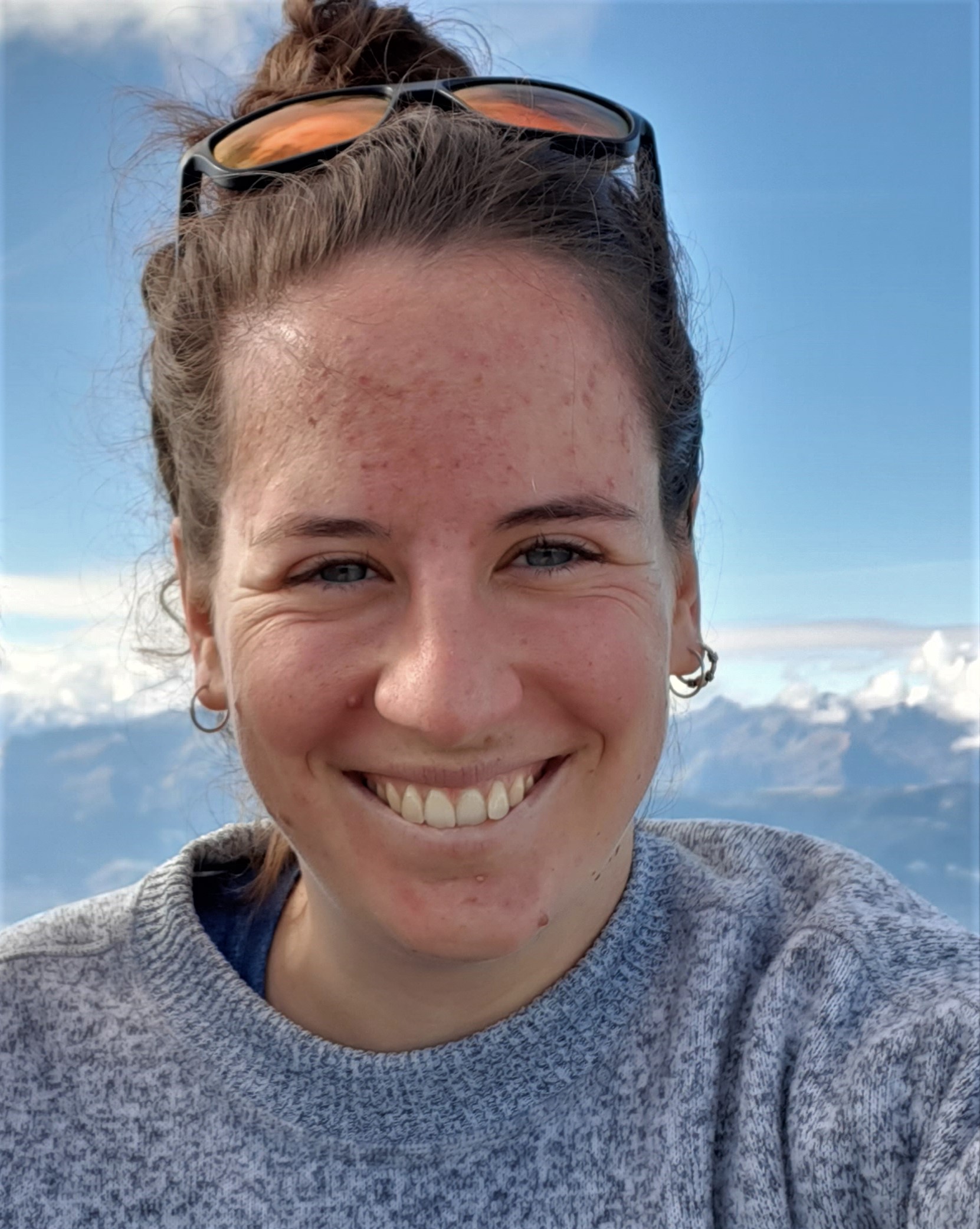Current PhD students
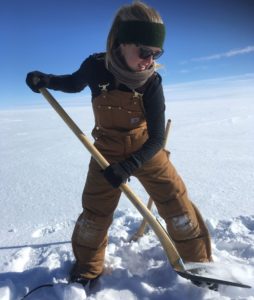
PhD student Sonja Wahl
In my PhD project I am investigating the coupling of atmosphere and snowpack with the help of stable water isotopes and eddy covariance measurement in order to answer the question: “How is the climate signal imprinted in the snow?”. My research is build upon field measurements of meteorological and snow parameters in both Greenland and Antarctica. I am therefore involved in the planning and execution of field campaigns in the Polar Regions. The overall goal of my PhD project is to optimise climate models in regard to cryospheric processes.
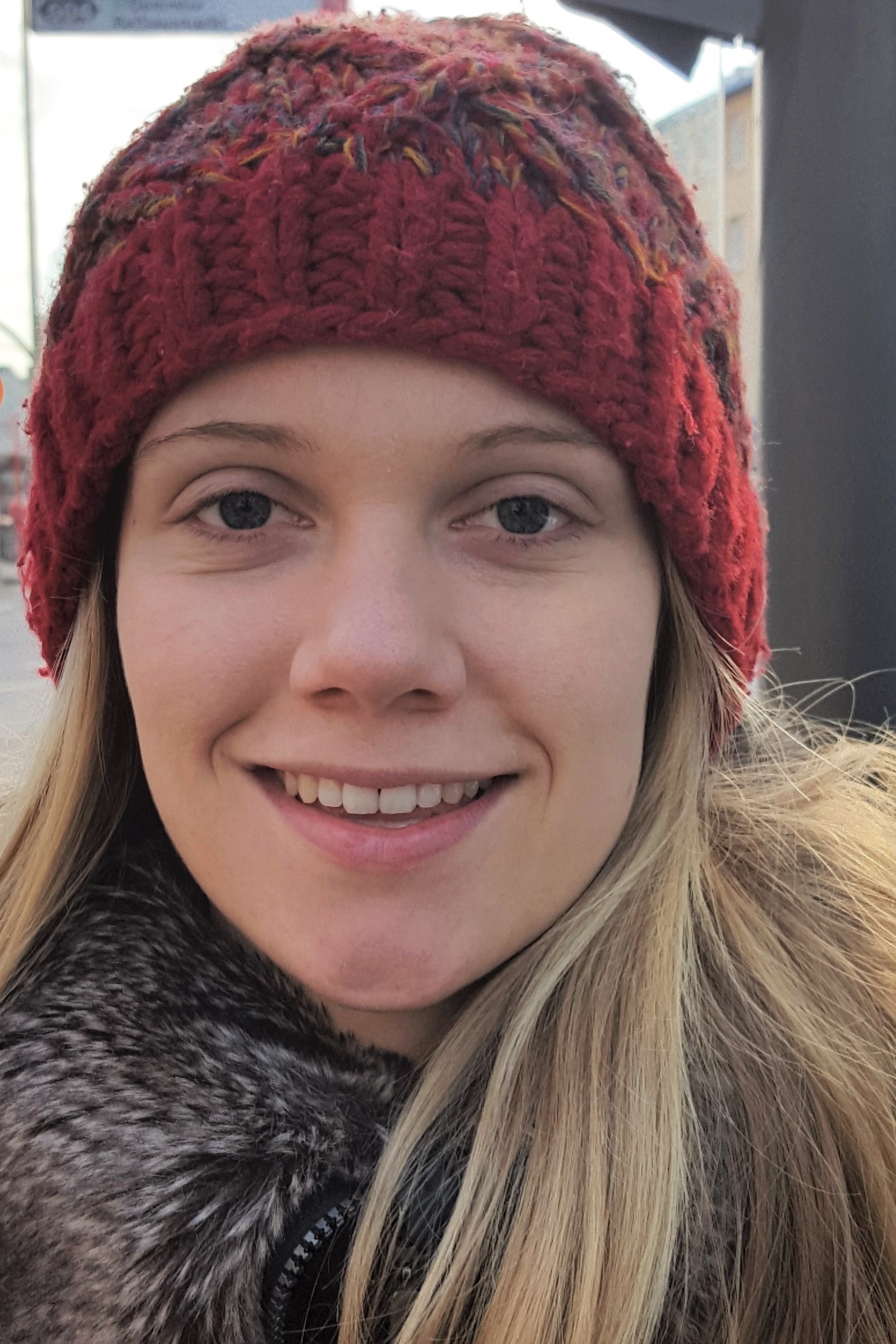
PhD student Laura Dietrich
As part of my PhD project I am modelling the isotopic exchange between the snow surface and the atmosphere. By using observations from the Greenland and Antarctic Ice Sheet I constrain the physical processes in the model to accurately simulate the processes responsible for the ice core water isotope record.
PhD student Ines Ollivier
My PhD project is part of the European project DEEPICE. My work focuses on the atmosphere-snow interface and processes in East Antarctica to understand how post-depositional processes are influencing the stable water isotope climate signal imprinted in the snow. I am using in-situ measurements from the Dôme C area, including the isotopic composition of the atmosphere-precipitation-snow continuum and various meteorological and snow parameters. The overall objective of this PhD project is to balance and interpret the isotopic budget at the snow surface on the cold East Antarctic plateau and disentangle the effects of different processes on the annual signal. This project aims at improving the interpretation of ice core climate records.
Current postdoctoral fellows
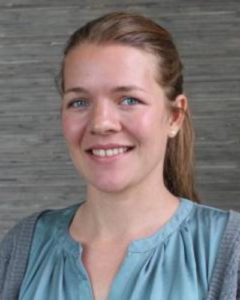
Dr. Anne-Katrine Faber
My work is on water isotopes in polar regions with a specific focus on how the integration of model and data can be used to improve the understanding of past and present climate change. In my study I use models of different complexity, as well as observational and proxy data from vapor, snow and ice core measurements. I am particularly interested in using isotope and atmospheric models (e.g iCAM5) to improve the knowledge on how we understand and interpret the climate signal from ice core records. Furthermore, I am passionate about climate science communication and have 10 years of experience with verbal, written and interactive science communication.
Key fields of interest: Water isotopes, North atlantic atmospheric circulation, paleoclimate, numerical modeling, climate science communication
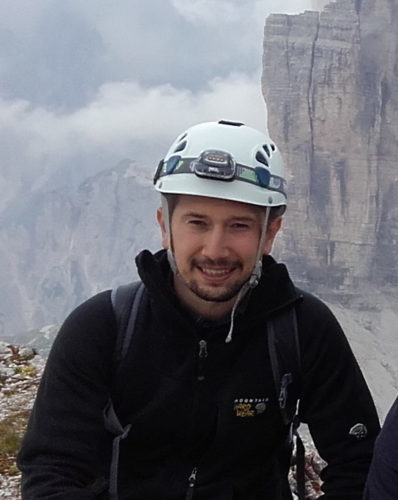 Dr. Daniele Zannoni
Dr. Daniele Zannoni
My work in atmospheric sciences and water isotope research is associated with the LEMON project which aims to provide a new Differential Absorption Lidar sensor for greenhouse gases and water vapor stable isotopes analysis. My task is to provide the observational data for the Lidar instrument validation through airborne and ground-based campaigns and to develop a framework for using the novel Lidar water vapor isotope retrievals to understand physical processes of the atmospheric hydrological cycle. I am curious about the whole hydrosphere system and its relationship with the atmosphere including weather, soil/snow/plant-atmosphere water exchange and precipitation-evaporation processes. I usually integrate the information obtained from water vapor isotopic composition with humidity tracing techniques using Lagrangian dispersion models.

